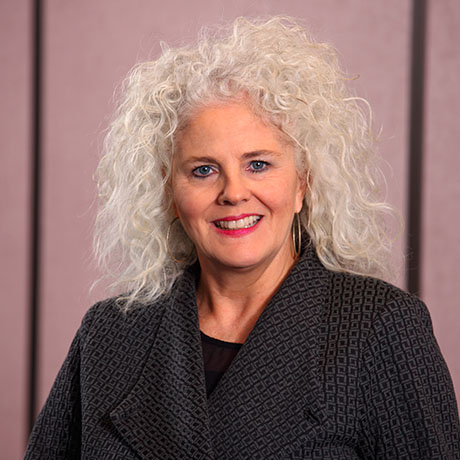Dental Practice Buyer FAQ


Where / How do I start?
Where do you want to live? Not that you can’t change your mind and sell, move, or buy again. But it’s typically best to determine where you want to live, such as in close proximity to family members, or near an airport, or close to beaches and surfing, or near ski resorts. Are you a city dweller? Are you a nature enthusiast?
Next, contact a reputable transition consultant/broker to discuss the general process and to get answers to your questions. This broker will also recommend dental lenders, dental CPAs, and dental attorneys.
What is your confidence level with all procedures? For example, if you do not yet place surgical implants, you will want a practice that doesn’t place implants. However, if placing implants in a particular practice keeps their production numbers high, it might make sense to consider the practice and keep the seller on for these procedures until you can take them on.
If you are currently working, be sure to print out a production by procedure report so your advisors can see what experience you have.
Can I afford a practice?
We can recommend several dental specific lenders to assist you and they expect you to have student debt. They will ask you for your tax returns and debt details such as student loans, cars loans, home mortgage, etc. Then once you find a practice that you like, the bank will analyze the cashflow of the practice and work with you to determine if or how much they can lend on that specific opportunity.
Do I need to utilize a dental-specific lender, attorney, and CPA?
Sometimes dental buyers have a relative that is an attorney or another advisor, but when both the buyer and seller utilize dental specific folks, the job gets done correctly and in a timely manner. You are a dentist but may not feel confident with complete boney third molar extractions. It’s the same thing. Using the right people will give you the best experience and result.
What do I need to know about a practice?
The listing transition consultant will provide a Prospectus reflecting all the important aspects of the practice and can walk you through the details. No practice is perfect, and you will want to go in knowing what is happening now and areas of future opportunity. Below are just a few of the items that may be in the Prospectus and if it’s the practice you want, you will have due diligence time later and we can provide an example of how the process typically works.
- Cash flow
- Procedure frequency
- Active patient count
- Accounts receivable and credit balances
- Hygiene stats
- Insurance participation
- Team information
What else should I know or think about?
The listing transition consultant will provide you with a Closing Checklist of what needs to be addressed. Your consultant/broker will work closely with your other advisors to complete a Letter of Intent and conduct due diligence. Your attorney will complete all purchase and sale documents, non-compete agreements, redo treatment provisions, etc. Your CPA will help with taxes relating to the purchase, and set up payroll and accounting, etc.
Should / Can I purchase the real estate?
Many young dentists assume they can’t afford the real estate piece or that the seller wants to wait to sell in the next year or so. We strongly believe the best person to own the dental real estate is the dentist practicing there. Depending on the cash flow of the practice, you may not need any money down and if you do, the seller will often carry the loan on the down payment and the bank will carry the remainder.
Do I have to keep all or most of the existing staff?
It is recommended that you do keep the existing staff. If they are good at their jobs and have well-established relationships with the patients, their presence most definitely contributes to a smooth practice transition.
However, there are always exceptions. If the practice overhead is very high due in part to high salaries of some staff members, then it may be recommended that staff be cut back. Or there may be instances where a seller has kept an underperforming employee on board and letting that person go may be a healthy decision for the overall morale of the other employees.
In Summary
The sooner you purchase a practice, typically the more money you make over the life of your career. The more you make, the more your CPA gets involved to assist you to keep more of what you make by implementing tax and retirement planning. So, start today by talking with your practice transition specialist/broker.
Read More